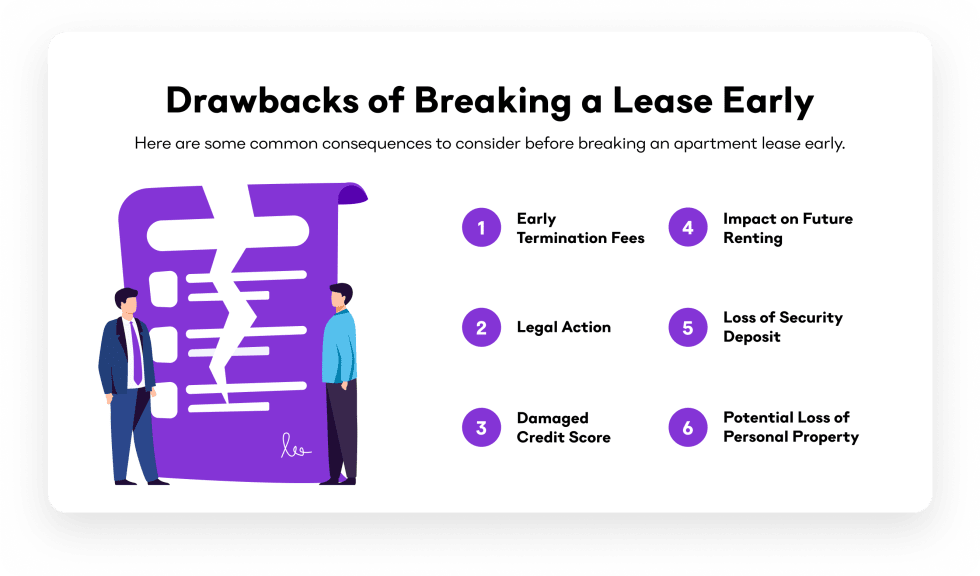Breaking a Lease: What Are the Consequences?
Breaking a Lease: What Are the Consequences?
Blog Article
The rental market is definitely moving, with an increase of renters than ever rethinking their residing situations. Searches about “what happens if you break a lease” soared by around 70 % within the last year alone, highlighting a clear trend. Whether it is a work modify, sudden economic problems, or a relationship shift, your decision to break a lease is not one to get lightly. Understanding the key facets at play will save you from sudden economic and legitimate headaches.

Early Terminations on the Increase
A recently available examination across major US cities revealed that approximately 18 per cent of tenants contemplate breaking their lease before the entire term ends. That mirrors broader improvements in employment, lifestyle, and also mental health priorities. Data also suggests that young renters, particularly those outdated 18 to 34, are the most probably to create a transfer mid-lease. If you're in this party, you're definitely not alone.
Financial Penalties Prime the Record
Probably the most immediate matter renters have could be the economic impact. Study effects indicate that 65 per cent of landlords cost some form of early termination fee, which could range from the price of an individual month's book to the total rent remaining in your agreement. Around 28 % of tenants interviewed said they underestimated these costs, leading to surprise expenses that collection right back their budgets.
Concealed Expenses and Different Expenses
It's not merely about firing fees. Some landlords also withhold security deposits or demand for re-listing the property. On average, tenants can eliminate an additional 20 per cent of their deposit if the house involves cleaning or repairs after an early exit. Knowing these results may help with decision making before offering notice.
Appropriate and Credit Consequences
Breaking a lease may follow you in more ways than one. Almost 22 per cent of renters who broke their leases without talking reported a indent to their credit report. Landlords may deliver your unpaid balances to choices, rendering it harder to book elsewhere or secure loans. Also, being sued for unpaid book is just a real, if less common, risk.
Appropriate Reasons and Negotiations
Not all lease breaks are handled equally. The absolute most frequently accepted reasons contain wellness and security violations, military implementation, or significant home damage from functions like organic disasters. Over fifty percent of tenants polled properly negotiated with their landlords for a reduced fee or easier terms if they provided certification for such reasons.
The Interaction Element
Data suggests that renters who conveyed early and overtly using their landlords could actually save your self an average of 35 percent on penalty costs. Placing objectives, discussing certification, and arranging for an upgraded tenant may all help reduce the fallout. The sooner you begin the conversation, the greater your possibilities to decrease charges and protect your credit score.
What the Traits Tell Us
Lease-breaking is actually trending upward. Yet, the danger of unexpected fees and appropriate trouble remains large for individuals who don't strategy ahead. Reviewing your lease deal, knowledge the great print, and seeking legal counsel if needed are clever first steps.
Studying lease-breaking statistics can provide visitors a sharper photograph of what's at share, rendering it better to consider their possibilities and avoid economic missteps. Being prepared and positive converts what might be a major setback in to a well-managed transition. Report this page